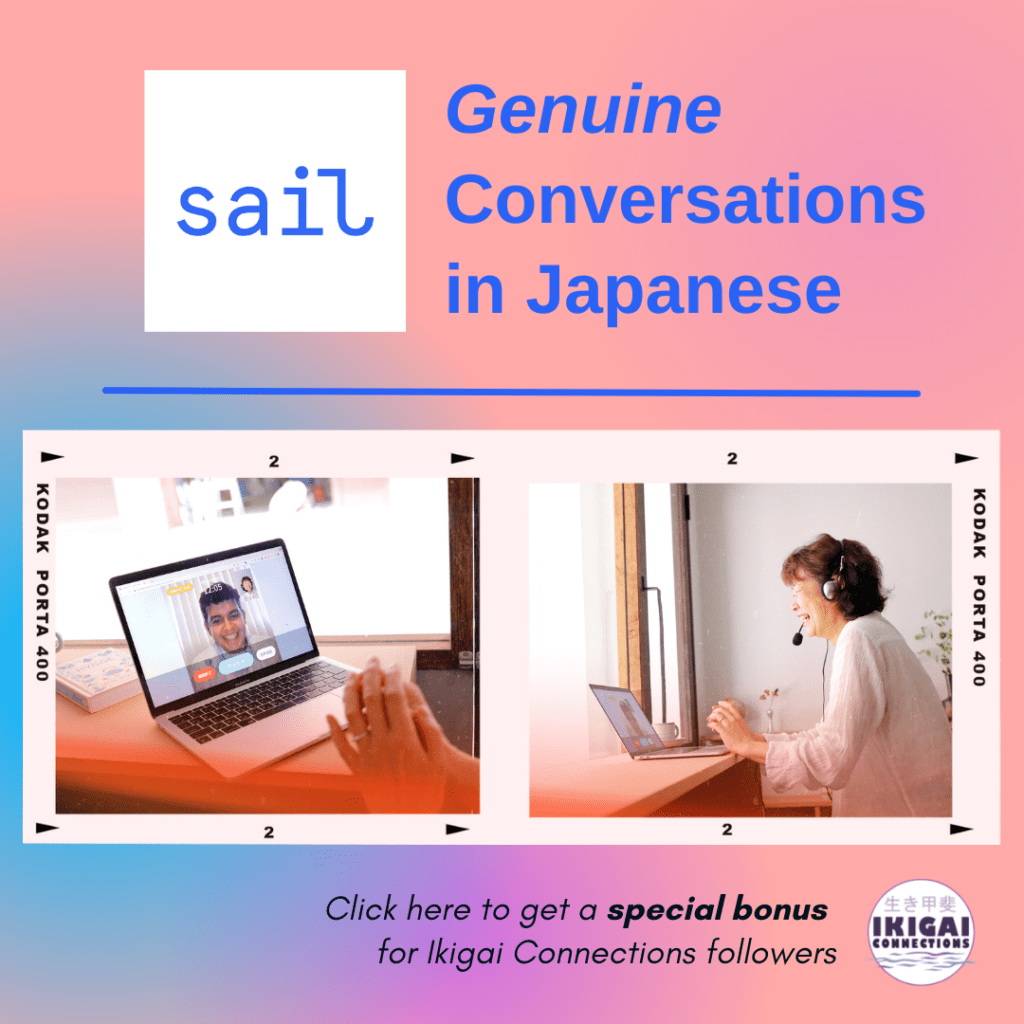Read some great tips about learning nihongo from Dan Lowe at Boston Intercultural Consulting!
Welcome to the Senpai Success Story, where you can read about others who have walked a unique career path using their Japanese language/cultural skills. (Psst: Senpai means “mentor” or “teacher,” and the concept is important to understand for anyone wishing to work in a Japanese business setting.)
About Me
I began working at Showa Boston Institute in 2014 following two years on the JET program in Kujukuri, Chiba, and six-months of intensive Japanese study at Waseda University. At Showa, I combine my passion for intercultural exchange with my experience living in Japan by developing, managing, and marketing programs for college students. As all our students come from Japan, I create opportunities with Boston-area colleges to enjoy a complete study abroad experience.
Outside of Showa, I consult with US- and Japan-based clients on how to succeed in study and work abroad. I am especially passionate about helping prepare future JET program participants, and have served as US Country Representative since April. As part of this role, I started the JETs Who Get Things Done Facebook Challenge which has attracted 600 members.
Finally, I own a boutique consulting business called Boston Intercultural Consulting, which is dedicated to helping businesses and organizations succeed in US-Japan intercultural communications. We currently work with two Japan-related businesses, send out a biweekly newsletter, and our small size grants us flexibility to expand in innovative and exciting ways, and am looking to expand further.
Why I Started to Learn Japanese
I learned the value of failure when, upon placing into Spanish 1 in college, I decided to study a semester of Japanese instead. I’d been curious about the language from a young age. My uncle, who is fluent in both Mandarin and Cantonese, taught me a few basic kanji when I was young.
Growing up in Kyoto’s sister city of Boston, I saw those same characters in museums and when we studied a unit about Japan in third-grade social studies.
Finally, I found that the Japanese anime shown on TV had, in general, a far deeper character than what other TV shows portrayed in the U.S… The protagonists in Japanese anime weren’t necessarily heroic, and the antagonists weren’t always villains twirling their mustaches. Children like nothing more than to be treated as adults and this greater emotional depth drew a running curiosity that I decided to study Japanese as my “plan B” in college.
This decision to study Japanese led to a year-long study abroad adventure in Tokyo, followed by a career-defining two years on the JET Program.

How I Use Japanese Everyday
I find that in my day-to-day work at Showa, understanding the Japanese language and culture are equally important. While I make every effort to speak English to students, I find that understanding Japanese is essential. For example, sometimes I overhear students spreading inaccurate information, such as the location of an assembly. Or, as an on-call manager, students may wish to explain their emergency or health situation in Japanese. Finally, I manage programs with professors from our home campus in Tokyo, and those meetings and emails are often in Japanese.
Above all, learning the students’ language builds empathy for their experience in Boston. Whether that be getting lost while riding the Japanese trains, or confusion when I received a mystery phone call and am trying to figure out if it’s legitimate or a scam. Finally, the ability to “think in Japanese” helps me understand English language conversations as well. For example, when I ask if students mind if I join them for lunch in the cafeteria, I receive an enthusiastic “Yes! [I mind]” This situation creates two opportunities: one is a teachable moment, and the other is for me to show courage to make mistakes when speaking Japanese.

My Top 5 Tips for Learning Japanese
1. Get enough sleep, eat healthily, and exercise every day. We can’t train the mind without maintaining our bodies. To begin an exercise routine, for the first two or three weeks, commit to no more than two minutes of working out. You can do more, but if you feel any pain the next day, you over trained. The idea is to commit the first few weeks to create a positive association with your new habit. Any rest days at this point will break the chain, and we risk losing the original pattern. Only once you’ve created a positive association should you then focus on a detailed exercise schedule with targeted muscle groups or cardio.
2. Routine is key. Experiment with what works for you, but my morning routine is to wake up → make bed → brush teeth → take allergy pill → work out video, or swim → short walk while listening to book → Breakfast/coffee while watching Japanese news → start studying at a defined time.
3. Begin by learning all JLPT N5 vocabulary along with hiragana and katakana. From there, begin to explore basic grammar. I’ve read through every primary Japanese textbook, and I find that Genki is the best.
4. Use a spaced repetition and active recall tool such as Anki. I wrote a brief article on creating flashcards quickly and painlessly.
5. As you progress with Japanese, the key to improving is to maintain a novice mind. Always be humble toward listening to feedback and confidently making mistakes. No matter how much we learn, there will always be “basic” content we come across that we feel embarrassed about not knowing. We may even get called out for not knowing it. “You passed JLPT N1, and you don’t know that.”
*Bonus Tip: Use the dating app Tinder. I know what you’re thinking, but it’s used heavily in Japan to find language exchange partners, and the paid version allows you to choose your location. Just be honest in your description of what you’re seeking. I’ve used it for these purposes while in a relationship, and it’s worked fantastically well.
Connect With Dan
Boston Intercultural Consulting (website)
Daniel Lowe’s books on Goodreads (53 books)
Boston Intercultural (Facebook)
DanKnowsJapan (YouTube)
Photo by Dan Lowe